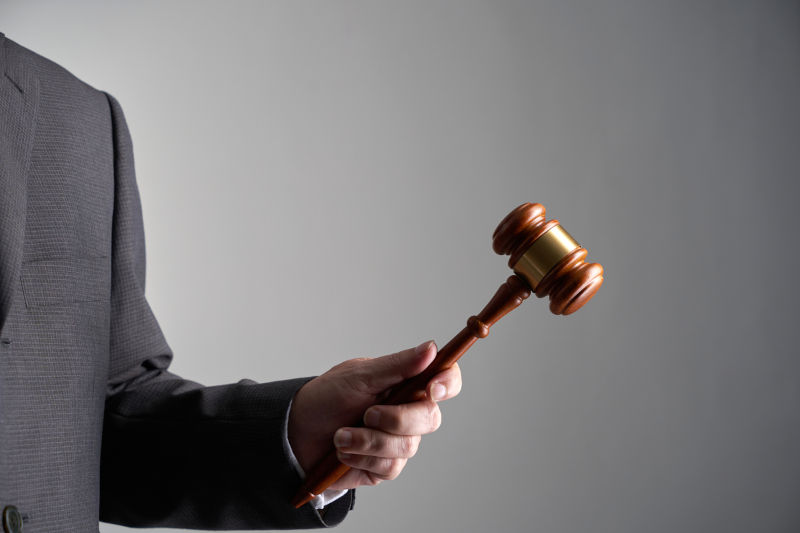Attorney-General Symes must uphold integrity of Victorian justice system
July 28, 2023
The Lawyer X scandal is one of the most outrageous examples of the undermining of the rule of law in Australian legal history. What is at stake here is nothing short of confidence in the legal system in Victoria. The Victorian Attorney-General Jaclyn Symes must step up and ensure the integrity of justice in her state is upheld.
Yet it seems that those police officers who in the first decade of this century used criminal lawyer Nicola Gobbo as an informer in order to end the notorious Gangland wars, are walking off into the sunset unscathed.
This is because the states DPP Kerri Judd says she wont pursue recommendations from the Office of Special Investigator (OSI) headed by former High Court judge Geoffrey Nettle, to prosecute certain officers. But developments this week make it imperative that the Victorian Attorney-General Jaclyn Symes step up and ensure the integrity of justice in her state is upheld.
Let’s be clear. What is at stake here is nothing short of confidence in the legal system in Victoria. Police officers alleged to have been involved in wrongdoing in the Lawyer X scandal must face justice. Their actions compromised the rights of individuals who were facing very serious criminal charges. There actions were the sort you find in countries where authoritarian regimes flourish. Regimes where law enforcement has a whatever it takes culture.
Ms Symes has been given the opportunity to ensure the Lawyer X scandal is not simply a tawdry episode in Victorian legal history. That opportunity comes in the form of calls for an interstate DPP to look at the OSI files and make a decision on prosecution. These calls arise out of the revelation this week that in 2010 Ms Judd acted for Simon Overland, the former Victorian Police Commissioner and one who was knee deep in the Lawyer X business as head of the Purana Taskforce which was pursuing the Gangland war. Ms Judd represented Mr Overland at an inquest into the police killing of a 15 year old boy.
Given Mr Overlands connection to the Lawyer X matter, it is far from ideal that Ms Judd should be examining potential prosecutions. As the Victorian Bar Council Deputy Chair Daryl Burnett said this week about Ms Judd’s previous advocacy for Mr Overland; “It’s just a principle of fairness, because you have a professional relationship with them. And you have their confidence, and you know, a lot about them. So, Mr Burnett said, “if a number of years later, a different case comes up and you’re asked to act against that particular person, we generally reject the brief because we see that that could be a conflict of interest.”
And as Geoffrey Watson SC from the Centre for Public Integrity argues;“When you’re talking about any independent decision making [in] the area of the justice system, you’ve got to avoid conflicts of interest, like the plague, you’ve got to avoid them. And they arise in subtle ways. A connection of a personal kind [such] as making decision in respect of a previous client is an obvious area where a conflict does arise.”
The Victorian government must heed these calls to have an independent prosecutorial assessment made of the briefs sent by the OSI to Ms Judd. Ms Symes can’t simply sit back, which she is doing, and say, oh well I have the highest confidence in the DPP and this is a case of legal minds disagreeing so let’s shelve any further action on this scandal.
As the first law officer Ms Symes has an obligation to uphold the rule of law. She must ensure that the Victorian legal system not only functions as it should, but that it is seen to be doing so. The role of Attorney-General as it has developed in Australia means the holder of that office must ensure confidence in the legal system. That is her job.
Writing 23 years ago, the late former South Australian Attorney-General and Chief Justice Len King described the distinction between the role of other ministers and the Attorney-General. The distinction, wrote King, essentially is that the Attorney-General as law minister has,a special responsibility for the rule of law and the integrity of the legal system which transcends, and may at times be in conflict with, political exigencies. The Attorney-General has the unique role in government of being the political guardian of the administration of justice. It is the special role of the Attorney-General to be the voice within government and to the public which articulates, and insists upon observance of, the enduring principles of legal justice, and upon respect for the judicial and other legal institutions through which they are applied. (University of Western Australia Law Review, Vol 29, October 2000).
Ms Symes must undertake, and be seen to be undertaking this role in the Lawyer X scandal. In fact it is hard to think of an issue where the requirement for the Attorney-General to insist upon the observance of, the enduring principles of legal justice, to use Kings words, is more relevant.
While the DPP is rightly independent of the Attorney-General and the executive government the Attorney-General has to find a way to deal with the conundrum presented by Ms Judds position. If those whom the OSI think should be considered for prosecution because of their particular role in Lawyer X are not held to account then Ms Symes will have failed monumentally to perform her duty and the Victorian legal systems reputation will continue to suffer.

